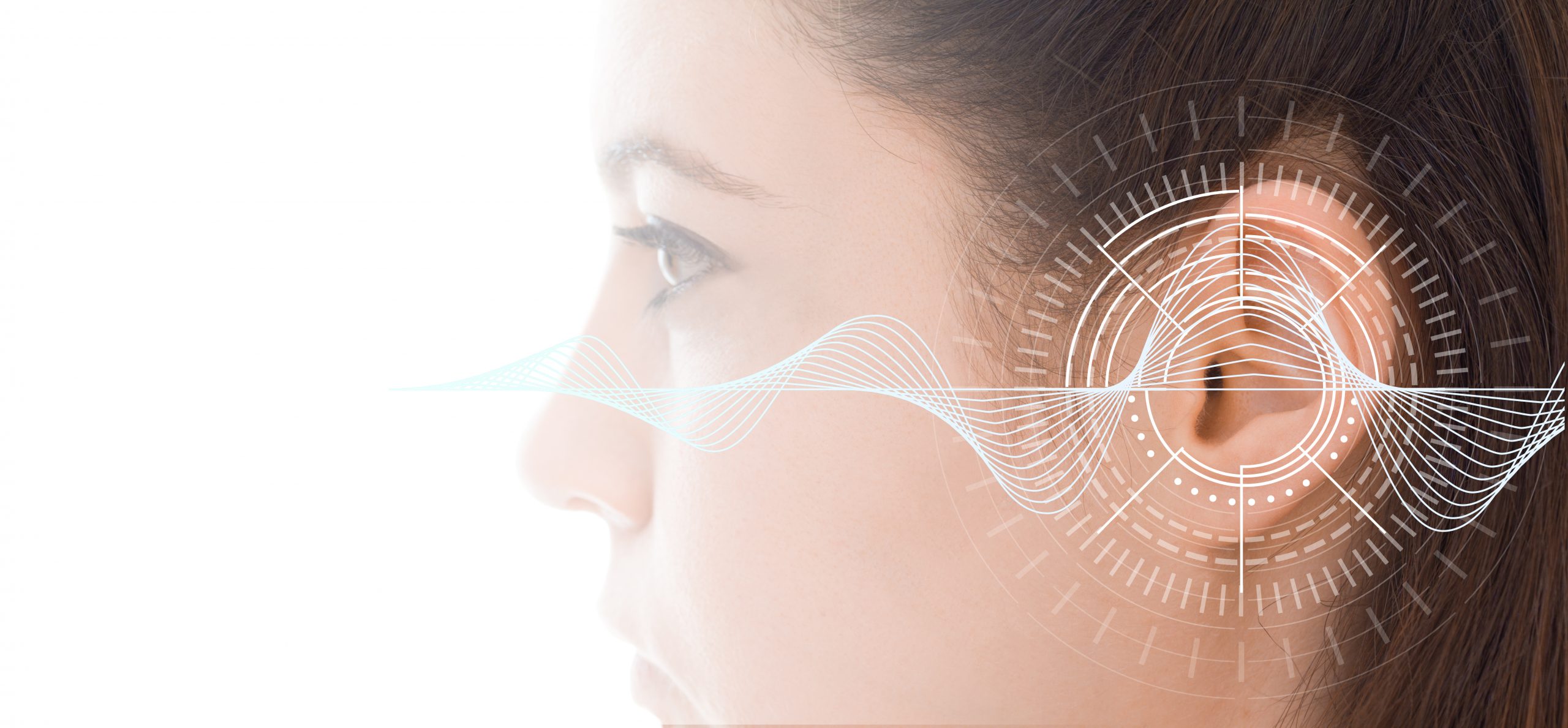Our sense of hearing is a vital part of our overall well-being, allowing us to communicate, enjoy music, and stay aware of our surroundings. However, certain medications can potentially have adverse effects on hearing health. It’s important to be aware of the potential impact of medications on our ears and take necessary precautions. In this article, we explore the impact of medications on hearing health and provide insights to help you protect your hearing.
- Ototoxic Medications: Some medications are known to be ototoxic, meaning they have the potential to cause damage to the structures of the inner ear responsible for hearing and balance. Examples of ototoxic medications include certain antibiotics (e.g., gentamicin, vancomycin), non-steroidal anti-inflammatory drugs (NSAIDs) like ibuprofen and aspirin (in high doses), certain chemotherapy drugs, and some diuretics. These medications can cause hearing loss, tinnitus (ringing in the ears), or dizziness. If you are prescribed any ototoxic medications, it’s important to discuss potential risks with your healthcare provider and have regular hearing check-ups.
- Temporary Hearing Changes: Some medications can cause temporary hearing changes, particularly changes in hearing sensitivity or perception. This can include increased sensitivity to loud sounds or a temporary decrease in hearing ability. Medications such as loop diuretics, antimalarial drugs, and certain sedatives or tranquilizers may cause these temporary changes. If you notice any changes in your hearing while taking these medications, it’s crucial to inform your healthcare provider promptly.
- Hearing Loss Risk Factors: Certain individuals may be more susceptible to medication-induced hearing loss. Factors such as age, pre-existing hearing loss, genetics, and cumulative exposure to ototoxic medications can increase the risk. If you fall into these high-risk categories, it’s essential to discuss your concerns with your healthcare provider before starting any medication and regularly monitor your hearing health.
- Over-the-Counter Medications: Some over-the-counter medications can also have potential effects on hearing health. High doses or prolonged use of non-prescription NSAIDs like ibuprofen or aspirin can lead to temporary or permanent hearing changes. It’s important to follow the recommended dosage and duration guidelines and consult with a healthcare professional if you have any concerns or pre-existing hearing conditions.
- Communication with Healthcare Providers: Open communication with your healthcare providers is key to protecting your hearing health while taking medications. Make sure to inform your healthcare provider of any pre-existing hearing conditions or concerns. They can review your medication regimen and discuss potential risks or alternative options that may have a lower risk of impacting your hearing health.
- Regular Hearing Check-ups: Regular hearing check-ups are essential, especially if you are taking medications that have the potential to affect your hearing. These check-ups can help detect any changes in your hearing ability and allow for timely interventions if necessary. Hearing tests can be conducted by an audiologist or hearing healthcare professional who can assess your hearing thresholds and provide appropriate guidance.
- Hearing Protection: If you are exposed to loud noises or environments that can potentially damage your hearing, such as concerts, construction sites, or sporting events, it’s important to use appropriate hearing protection. This can include earplugs or earmuffs to reduce the intensity of sound and protect your ears from excessive noise exposure. This precaution becomes even more crucial if you are taking medications that may increase your sensitivity to loud sounds.
- Personal Awareness: Paying attention to your own hearing health and being aware of any changes or symptoms is vital. If you notice any sudden changes in your hearing, such as hearing loss, tinnitus, or dizziness, consult your healthcare provider immediately. Early detection and intervention can make a significant difference in managing potential hearing





